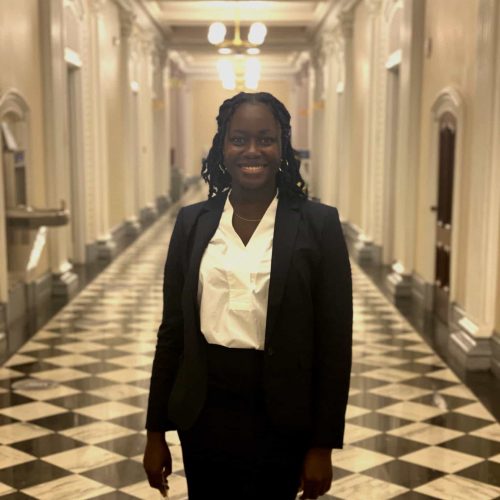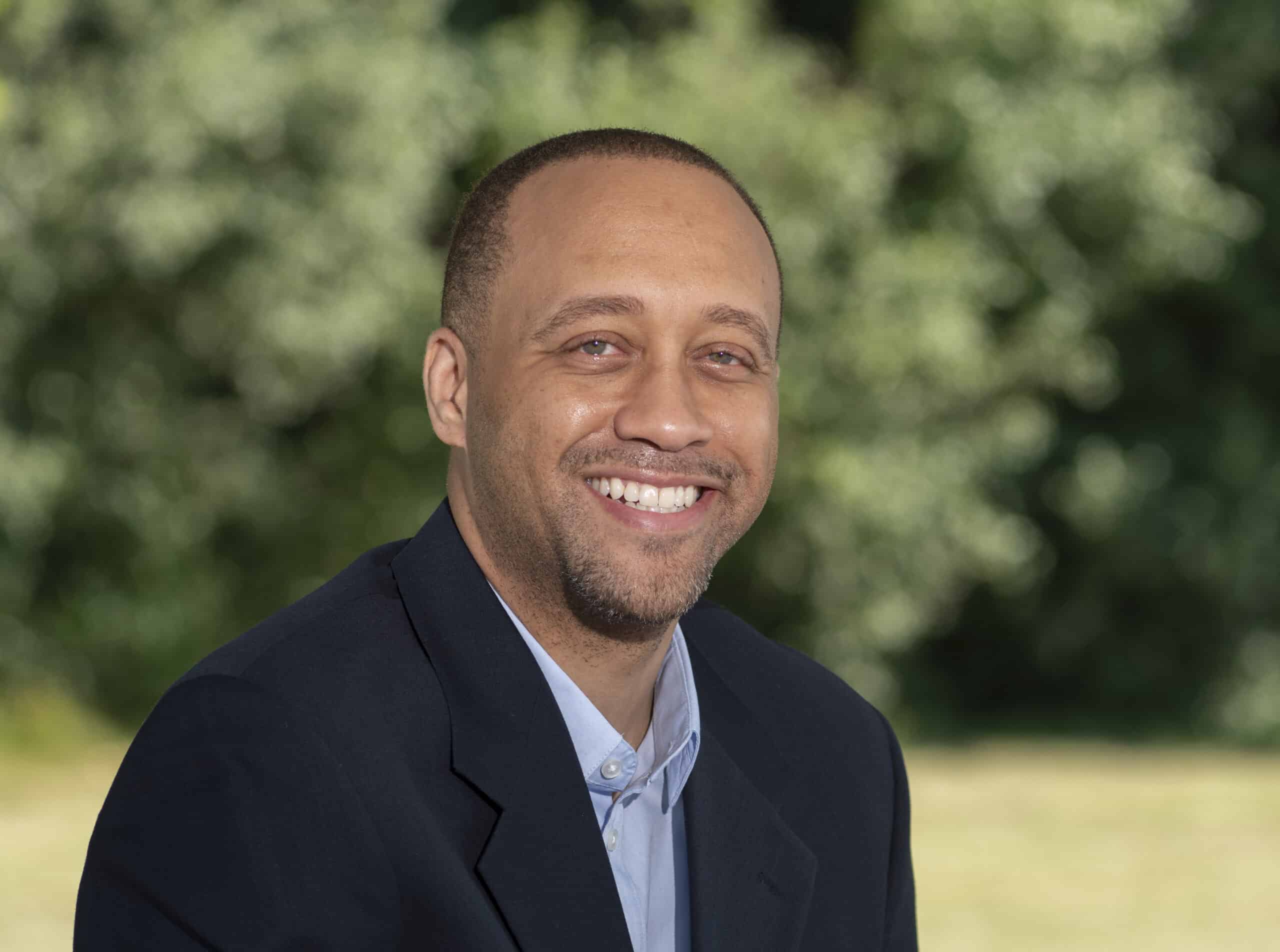Introduction
A year ago this month, the U.S. Supreme Court blocked the Trump administration’s plan to dismantle a program that has protected 700,000 undocumented immigrants from deportation.
As that anniversary neared, educator Astou Thiane met with President Joe Biden and U.S. Secretary of Education Miguel Cardona to discuss the future of immigration reform in this country and advocate for a path to permanent citizenship.
Thiane, who was 7 years old when she immigrated to the United States from Senegal in 2000, is a recipient of the Deferred Action for Childhood Arrivals program, known as DACA. Established during the Obama administration, it allows young undocumented immigrants brought here as children to remain in the U.S. and legally work.
Thiane met Biden during an Oval Office meeting in mid-May, sharing her experience navigating college admissions while undocumented as well as her work with Caribbean and African immigrant families as a school administrator. Thiane discussed the pandemic’s effect on students and school staff during a virtual roundtable with the education secretary in late April.
“What is important in my work is just shedding light on the specific needs of Black immigrants,” Thiane told me during an interview. “The narrative that immigrants come from Central America or South America exclusively has been really erasing to Black folks who are here, who are undocumented … who face multiple levels of marginalization, not just from not having immigration status, but because of just navigating life in America as Black people as well.”
Thiane spoke to Public Integrity from New York, where she works as an assistant principal at Canarsie Ascend Middle School in Brooklyn.
The interview has been edited for length and clarity.
Q: What’s at stake for undocumented students and educators during the current debate over immigration policy?
As we look at bouncing back from the pandemic, we have to look at the impact that would be felt in communities if there is no path to citizenship. It would be felt by all students, right? Not just undocumented students or students from immigrant backgrounds, but all students. I’m not an assistant principal of just immigrant students, my work impacts the whole school community. [There are undocumented] folks who are serving in hospitals. Them being removed and then not being able to do their work impacts that whole community. And so I think ultimately it’s a part of the work of making our country better. There’s a lot of misinformation around who undocumented people are, the work that they’re engaged in, how they contribute to our country.
Q: What have immigrant students, or perhaps students with immigrant parents, experienced during the pandemic that perhaps other families haven’t?
I would say deeper levels of poverty and uncertainty among undocumented people who work in informal systems like housecleaning or street vendors. All of that has been dramatically impacted by this pandemic. That looks like some students not having stable internet or not being able to consistently show up. It means that more students are disengaged. When you don’t have an immigration status, you don’t have citizenship or your parent doesn’t have that, life is much more difficult for you as a young person. And then too, because you’re young, some of our kids just don’t really know how to handle all of that. And they’re kind of trying to make sense of it during this difficult time.
Q: It’s been decades since Congress passed significant immigration legislation. Why should it happen now?
My aim in sharing my story … was just to shed light on the situation. There’s a lot of misinformation around who undocumented people are, the work that they’re engaged in, how they contribute to our country. So, having the chance to share that with the president, I left feeling very heard. I know that congressional politics is a different situation, but ultimately I do think the time is right.
Corey Mitchell is a senior reporter at the Center for Public Integrity. He can be reached at cmitchell@publicintegrity.org. Follow him on Twitter at @C_C_Mitchell.
Read more in Inside Public Integrity
Coronavirus and Inequality
States move to ban ‘vaccine passports’
The measures come amid a wider Republican-led push to curtail public health authorities’ powers.
Watchdog newsletter
Dems consider bold ways to create a path to citizenship
The Biden administration faces an uphill battle as it pushes a path to citizenship for millions of undocumented immigrants.



Join the conversation
Show Comments